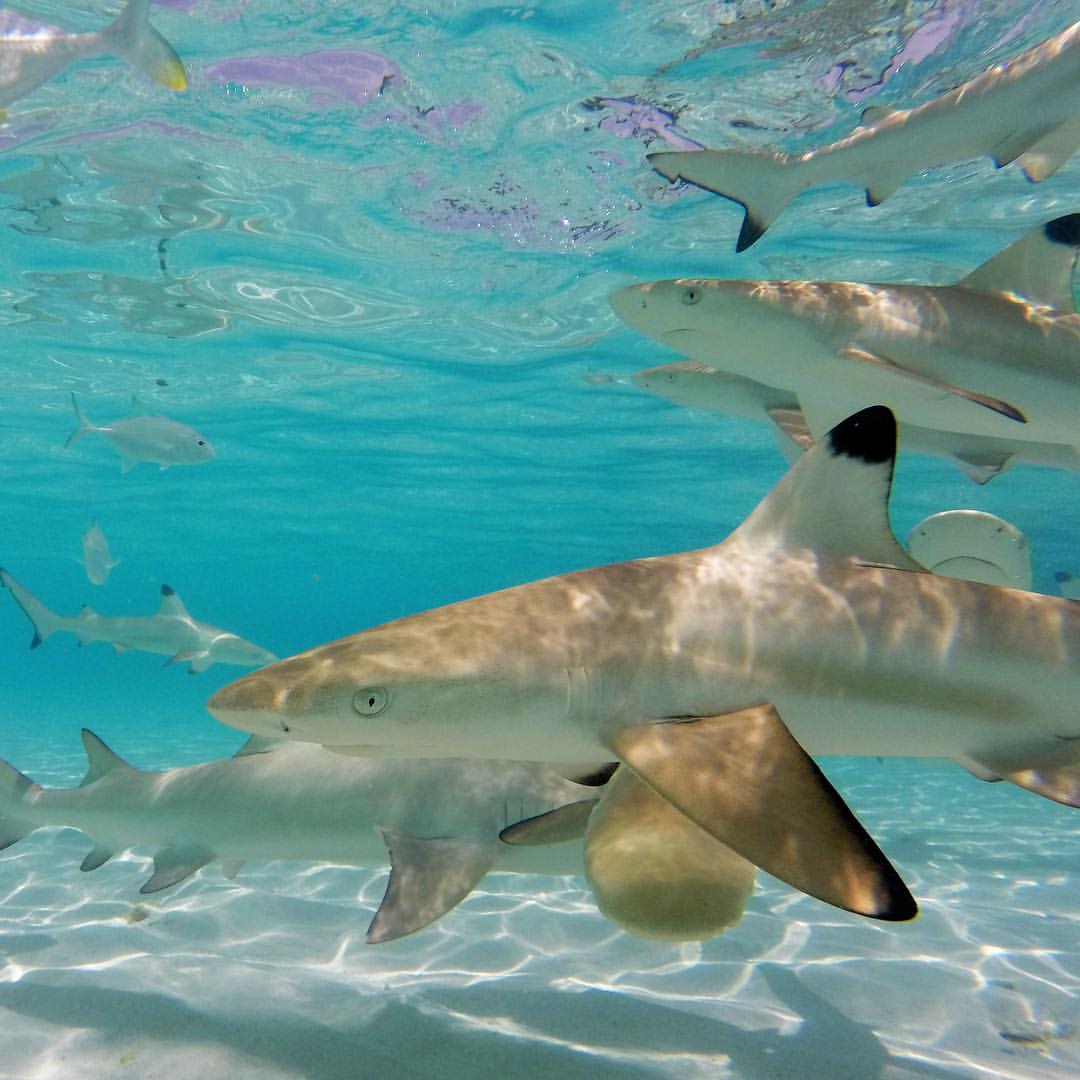Malé, Maldives – The Maldives Ministry of Fisheries, Marine Resources and Agriculture has released a statement stating that they have no intention of allowing shark fishing in the Maldives.
The statement comes after receiving criticism and backlash after a statement by the Fisheries Minister Zaha Waheed regarding on going discussions at the Ministry to allow shark fishing. Over 100 local and international stakeholders released a joint statement urging the authorities to not lift the shark fishery ban.
Very few countries implement shark conservation. Since it is a means to generate profit we don’t have to limit ourselves. [We can] open [shark fishing] as a manage fishery for a certain duration and fish without endangering the shark population.
Fisheries Minister Zaha Waheed
The statement released by Fisheries Ministry states that they acknowledge the concerns regarding recent statements made by the Minister of Fisheries, Marine Resources and Agriculture, Zaha Waheed in the Committee on Economic Affairs of the Maldives Parliament. The Ministry said that the above quote by Minister Zaha were made in relation to discussions on re-instating longline fishery targeting bigeye tuna and the discussions that had taken place internally at a technical level within the Ministry concerning the potential bycatch of sharks in the longline fishery, including management of this bycatch. Fisheries Ministry also added that in no way were the internal discussions focused on lifting the ban on shark fishery.
The Ministry of Fisheries, Marine Resources and Agriculture clarified that they did not intend to permit a targeted shark fishery in the Maldives.
Following serious concerns regarding the status of shark stocks in Maldivian waters, as well as the Indian Ocean in general, the Maldives adopted the Precautionary Approach and imposed a ban on shark fishing within its Exclusive Economic Zone (EEZ) in 2010. Maldives was the first Indian Ocean country to declare the whole of its EEZ as a shark sanctuary. The ban was imposed under the former Fisheries Act of the Maldives (Act no. 5/87) followed by the closure of a minor shark fishery to ensure that shark species are protected and conserved.
The complete ban has since been reinforced with the recent changes to the fisheries regulatory framework following the enactment of the new Fisheries Act of the Maldives (Act no. 14/2019), with the extension of the ban to include a ban on retention of sharks for all Maldivian fishing vessels irrespective of fishing area.
Following 10 years of a complete ban on catching of sharks, fishers operating in internal waters targeting reef-based species and handline yellowfin tuna fishers have raised complaints that their respective fisheries and income have been seriously affected by wide-spread depredation in recent years. In order to understand these impacts, the Maldives Marine Research Institute through various research initiatives have been conducting scientific surveys to assess shark populations and the scale of shark depredation in other fisheries.
Preliminary results of these surveys do not indicate that the shark populations have significantly increased or fully recovered since the inception of the ban.
Ministry of Fisheries, Marine Resources and Agriculture
The practice of disposing bio degradable waste into the ocean and other such activities have been found to have a negative impact on the natural hunting behaviour of sharks. The Ministry urged the public, divers and the tourism industry to refrain from feeding or chumming as a means to attract sharks. Meanwhile, the public has also raised concerns about the Tourism Ministry regulation allowing luxury resorts to discard disposable waste into the ocean, which has been exploited with all types of waste ending up in the Maldives sea.
The Fisheries Ministry states that the Maldives is proud to have always been exemplary in its efforts in ocean management, citing the one-by-one method of fishing practiced in the Maldives, which makes the country’s tuna fisheries one of the most sustainable in the world.
The Ministry recognizes the important role that sharks play in maintaining healthy ocean ecosystems, and pledged that they remain committed to ensuring that island nation’s marine resources are utilised sustainably and managed responsibly.





